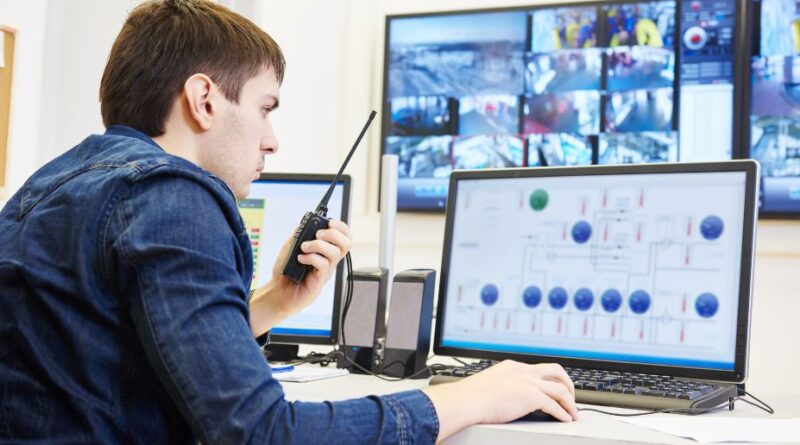Securing Remote Access: How to Implement Secure Remote Desktop Protocol (RDP) for Dedicated Servers
With more and more businesses operating remotely, it’s becoming increasingly important to ensure that remote access to dedicated servers is secure. One way to do this is through the use of Secure Remote Desktop Protocol (RDP). In this post, we’ll take a look at what RDP is, why it’s important, and how to implement it for your dedicated server.
What is Remote Desktop Protocol (RDP)?
Remote Desktop Protocol (RDP) is a proprietary protocol developed by Microsoft that allows users to remotely access and control a computer. RDP is commonly used to remotely access dedicated servers, making it an essential tool for businesses that rely on remote access.
Why is Securing Remote Access Important for Dedicated Servers?
Securing remote access is important for dedicated servers because it helps to ensure that only authorized users can access the server. This can help to prevent unauthorized access, data breaches, and other security incidents. Additionally, securing remote access helps to ensure compliance with regulatory standards, such as HIPAA and PCI-DSS.
How to Implement Secure Remote Desktop Protocol (RDP) for Your Dedicated Server
Implementing secure RDP for your dedicated server can seem daunting, but it doesn’t have to be. The first step is to create a strong password for your RDP account. This should be at least 8 characters long and include a mix of letters, numbers, and special characters. Next, you’ll want to enable two-factor authentication for RDP. This can be done through the use of a mobile app or a hardware token. Once you have enabled two-factor authentication, you’ll want to use a VPN to encrypt your RDP connection. This will help to ensure that your RDP connection is secure even if it is intercepted by a hacker.
In conclusion, securing remote access to your dedicated server is essential in today’s digital age. By implementing Secure Remote Desktop Protocol (RDP) and using strong passwords, two-factor authentication, and a VPN, you can rest assured that your remote access is as secure as possible. With the right security measures in place, you can focus on your business operations without worrying about the security of your dedicated server.

